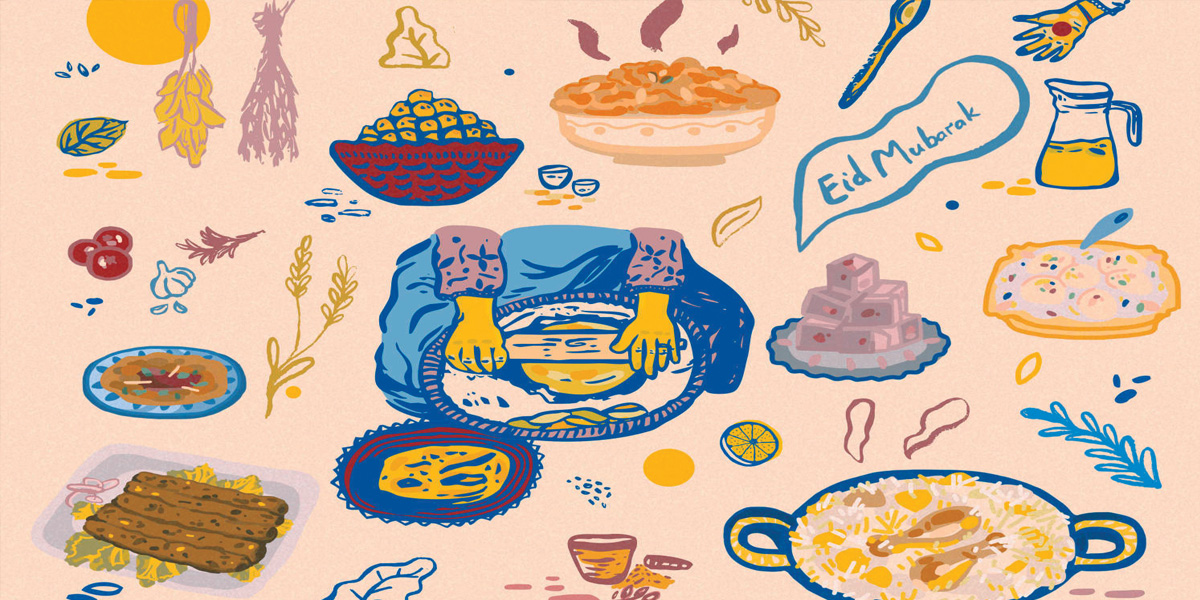
Do you feel sluggish and bloated after breaking your fast? Here is a post iftar workout routine you can try out to improve your digestion, cut bloating, and activate the body’s major muscles.
Iftar meals should be well balanced and contain items from each food group, such as vegetables, cereals, meat, dairy products, and fruit. While choosing the right food to eat is essential, it is more than important to avoid some food to keep yourself away from bloating and feeling lazy.
Fizzy drinks: Avoid drinking carbonated drinks, which are usually high in sugar. It increases your risk of overweight and obesity, can cause bloating and gas, and can lead to indigestion. It is best to stick to water and coconut water to quench your thirst.
High-sugar foods: High-sugar foods such as sweets should be avoided as they contain very little nutritional value and are super-high in calories. They contribute the most to weight gain, leading to health issues if consumed daily.
Fried-foods: Who doesn’t like Samosas? But greasy and fried food, such as fried dumplings, samosas, pastries, and oily curries can only do harm to your body and should be avoided as they are loaded with fat and stored in the body as fatty tissue. Eating rich foods after long hours of fasting causes acidity and indigestion.
Sodium-rich foods: Excess salt levels in your diet can put you at risk of high blood pressure, kidney stones, headaches, enlarged heart muscles, and heart failure. The short-term effect is felt the following day immediately as you are fasting. The accumulated fluid retention leaves you feeling bloated, thirsty, and light-headed, which increases the sensation of hunger.
Moving on, poor eating habits also see a rise during Ramazan, and for many, that will take a toll on them right after. But fret not; we have enough time till Eid to rectify some of the damage done.
Watch out for these habits and be careful if you are doing these:
Exercising right after iftar: We know you’re the fitness buff who wants to take advantage of Ramadan. However, when you work out after iftar, you’re doing one of the worst things possible to your body. We are not kidding!
Our digestion system changes slightly during fasts, and even waiting a bit before the workout is not enough. Sudden stress on the body will result in cramps and body aches (which is not the ‘feel the burn’ type of pain) and will also result in breakouts.
Sleeping right after iftar: Before you say, “We don’t even eat that much,” excuse, realize that sleeping right after a meal has never been good no matter what or when you ate.
But during Ramazan, you’re eating after long periods, and let’s face it, you can have the healthiest iftari in the world, but you’ll have a little too much. It might not even be the amount you usually eat, but as long as we feel full, that’s it.
Going to sleep immediately after eating opens doors for health conditions like heartburn, acid reflux, and weight gain.
Drinking excess fluids at night for fear of thirst during the day: You might think we are being unreasonable right now. But you would be surprised to know that having more fluids than is required right after your iftar or just before you end your suhoor meal can lead to abdominal distress.
Follow this mini-guide to have a blessed Ramadan
Following a balanced diet, though imperative in all conditions regardless of whether you are fasting or not, is of great importance to be more energetic while fasting and maintain your immunity. So, if you have been having trouble sticking to your fast or having digestive issues and would like to follow a proper diet to keep your body’s defenses high, refer to our mini-guide above and have a blessed Ramadan!
Catch all the Breaking News Event and Latest News Updates on The BOL News
Download The BOL News App to get the Daily News Update & Live News.












 Read the complete story text.
Read the complete story text. Listen to audio of the story.
Listen to audio of the story.